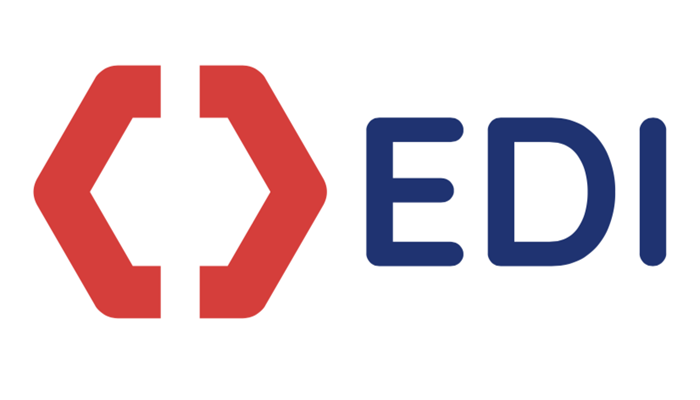London and New York, March 13th, 2006, Exchange Data International (EDI), the premier provider of high-quality, accurate international securities data, has launched the Worldwide Initial Public Offering (IPO) Database. The new service allows investment banks to prepare in advance for forthcoming IPO transactions, keep tabs on recently launched issues and compete effectively in the marketplace.
Before listing their shares on a stock exchange, companies typically offer them to the public and/or institutions through an IPO. Investment banks’ back offices need to know which companies have declared their intentions to go public so that they can set up the issue in their reference databases. Corporate Finance departments need this information so they can advise on the IPOs and consummate the deals.
Not all companies that declare their intention of going public actually do so. They may in the interim be taken over, fail due diligence or not achieve the valuation that they had hoped for.
“In today’s world, information is a source of competitive advantage. Business intelligence is a critical component that enables financial institutions to execute their strategy effectively,” says Jonathan Bloch, CEO of Exchange Data International. “With EDI’s Worldwide Initial Public Offering (IPO) Database, banks can access up-to-date information quickly and easily from one source, improve decision making, reduce errors and ultimately generate profit.”
EDI monitors IPO’s worldwide and provides daily updates via email or the web on all IPO’s in 74 countries. Information is gathered from primary sources including more than 150 international exchanges and confirmed through secondary sources such as international news agencies.
IPO’s are divided into four categories:
- Rumored: The company (or other respected source) has announced the intention to hold an IPO, but the necessary approval has not been obtained
- Pending: The IPO is confirmed, and the necessary approval has been obtained
- New: The IPO is complete (or in action), and the listing date is today or yesterday
- Historical: The IPO has taken place, and the listing date is more than two days ago
Investment banks can look up essential data including the name of the company, country of incorporation, exchange, security description, ISIN, symbol, subscription period, currency, industrial code, number of shares offered, share price proposed (or the range), initial price, listing date and notes (where applicable).
Users can search all announcements against all available countries/exchanges or specify a country of incorporation or exchange. Searches also can be restricted to a date range, type of announcement, status of an announcement or specific security. The system supports a linked search between an issuer name and a security description, so that the results can be narrowed down should a particular issuer have listings in multiple asset classes. Finally, the calendar search allows users to enter specific date ranges to view either creation dates or listing dates of securities.
“Never before has it been easier to track IPOs in the global market,” Bloch concludes. “As economic expansion gathers pace and the number of IPOs increases, financial institutions will find EDI’s Worldwide Initial Public Offering (IPO) Database an essential tool for success.”
